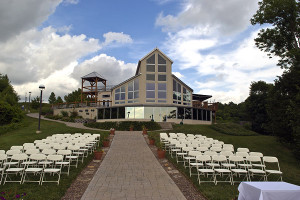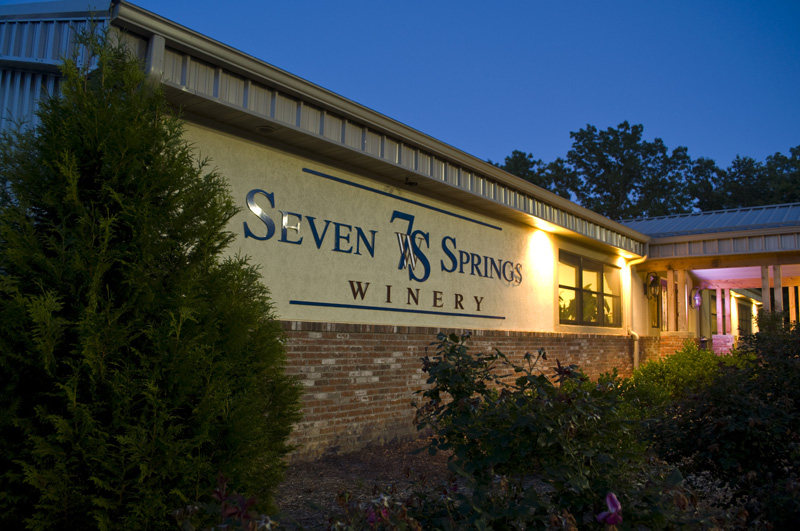Jacob’s Juice: Winery and Distillery – a Perfect Match
Here at Les Bourgeois, we recently got into business with a distiller. We put in a couple of small stills and have started making artisan distillates. As we explore this new endeavor we have found many advantages and a handful of drawbacks that derive from this sort of partnership.
First of all, with any distilled product there must first be fermentation. This is something that we have a lot of experience doing. We already have the tools it takes to have a successful fermentation: a chilling system, warming capabilities, and fermentation supplies such as nutrient yeast. Having that infrastructure makes the barrier of entry for a distillery much more approachable. It also gives peace of mind to our distiller to have a working knowledge of the primary product before it even gets to the still and then working with our winemakers on the fermentations.
Another advantage, it gives a second life to the winery’s tanks. Once you have fermented your vintage and finished that year’s wines, often times your tanks will sit empty for a good portion of the year. With this collaboration you can ferment non-grape products in your off season getting more value out of your tanks.
A particular benefit our winery has enjoyed is that we are already using spirits in our daily operation. We use hi proof for sanitation and we make fortified wines which require relatively large hi proof additions. For the sanitation aspect this can be a double win. It can give an outlet for a wine that might not be something you want to use in everyday wine production. Perhaps a wine that may have turned out less than favorable, or an older wine that may not make the cut (not that we have ever made a wine like that.) In fortification we have the opportunity to use local fruit for the brandy that will eventually be added to a local fortified wine.
See related story: More Midwest Wineries Adding Distilleries
We also have the added value of opening up new product lines. This includes products outside just the distillates. Knowing that we have the still and that there is a place for some of these non-grape based products encourages me to ferment other fruits that I may have been too scared to ferment in the past. The result, in some cases, can be a new fruit wine that turns out so well the winery decides not to distill it and release it as a wine. The distilled products also get a head start utilizing the established sales channels that the winery already has in place. Whether that be in your tasting room or the relationship the winery has with wholesalers and retailers.
These advantages are certainly outnumbered by the potential complications but they exist nonetheless. Our main concern was a loss of focus in the winery. We must respect the fact that winemaking comes first and not go too far down the rabbit hole with molasses or corn mash. Brand dilution is another aspect which gave us some trepidation. We have established a whole new brand name for our distillates to avoid the consumer confusion and keep the strength in our current brand.
Yet another potential difficulty that needed diligence mitigating is the yeast strains and cross contamination. Therefore, we have been careful to only use wine yeast strains on even the non-grape products so we are not introducing foreign yeast populations into the winery. Most of these concerns have been addressed from the beginning and may never be an issue.
So far the distillery has been a fun project and a useful tool. We look forward to expanding the local products we can produce and developing relationships with growers from other industries be it grains or fruits.
If there are any questions about this or previous articles feel free to contact me at jacobh@missouriwine.com.
Jacob Holman is winemaker for Les Bourgeois Vineyards in Rocheport, Missouri and president of the Missouri Wine Technical Group. He writes a regular column for Midwest Wine Press.



